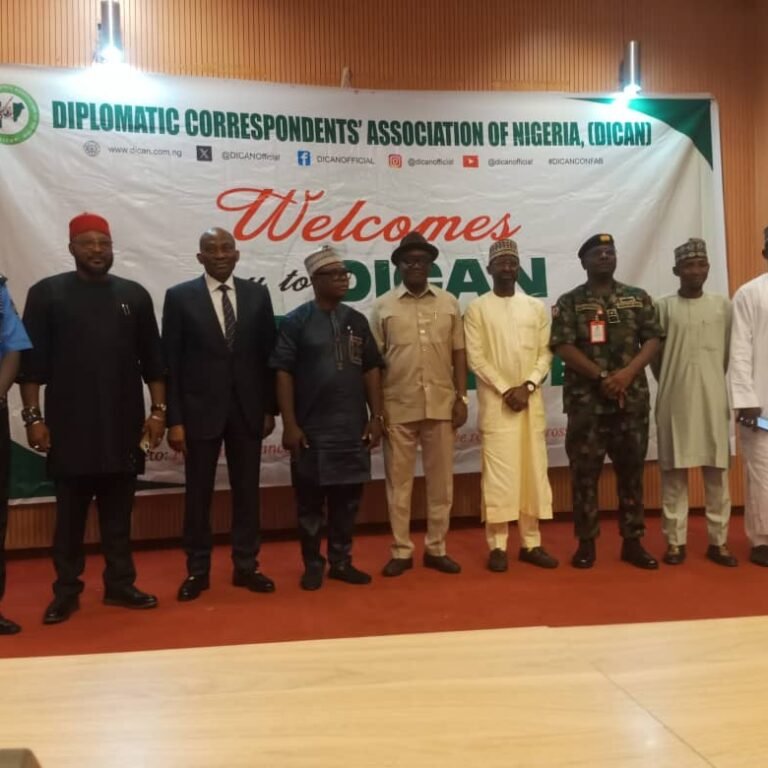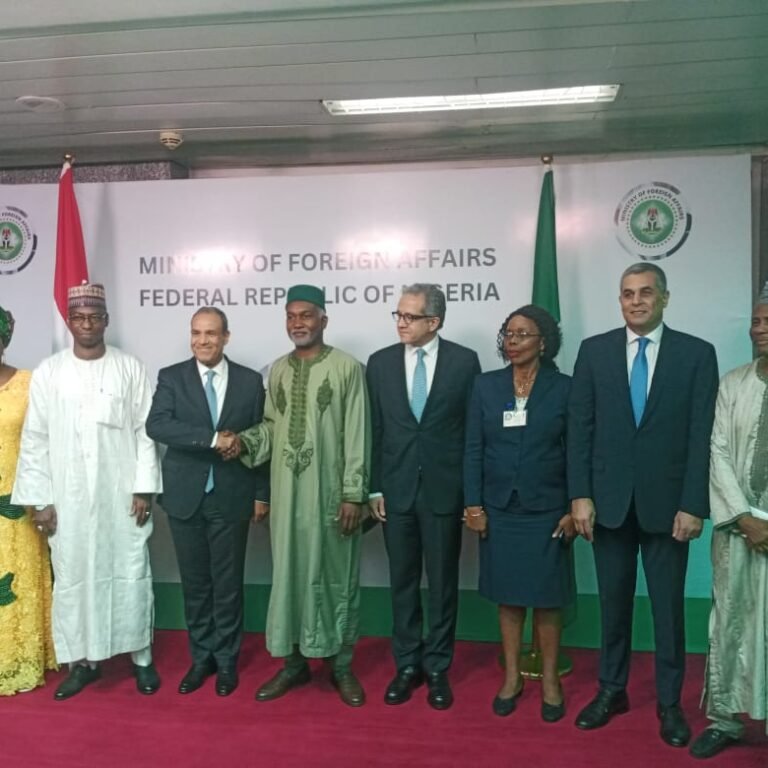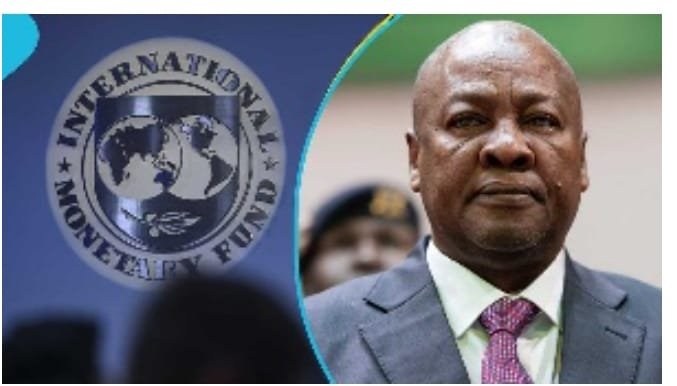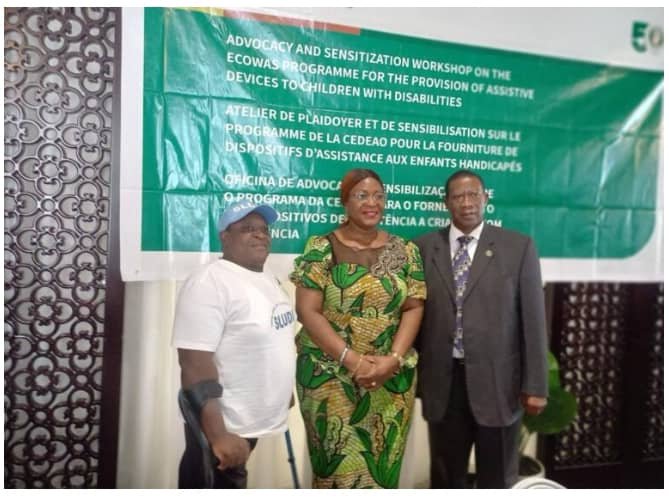
In a significant step toward fostering social inclusion, Sierra Leone has commended the Economic Community of West African States (ECOWAS) for its commitment to supporting disabled children across the region. On March 28, 2025, Freetown hosted an advocacy and awareness-raising workshop spotlighting ECOWAS’s dedication to promoting the rights and well-being of children with disabilities.
At the event, John Conteh, Acting Director of Social and Religious Affairs in Sierra Leone, expressed the government’s gratitude for ECOWAS’s regional initiative. The program, which provides essential assistive devices, aims to empower children with disabilities, enabling them to thrive and participate fully in society.
Conteh emphasized that this initiative aligns with Sierra Leone’s social inclusion strategies and contributes to the broader Vision 2050 framework, which envisions a more inclusive African continent. “This marks a significant step toward a socially inclusive ECOWAS, where disabled children can actively engage in education, social activities, and community life,” he stated.
Sierra Leone is the fourth ECOWAS member state to benefit from the program, following Nigeria, Togo, and Benin, with Guinea-Bissau set to join next. The provision of assistive devices is part of ECOWAS’s broader action plan for disability inclusion, aimed at enhancing opportunities for disabled children across West Africa.
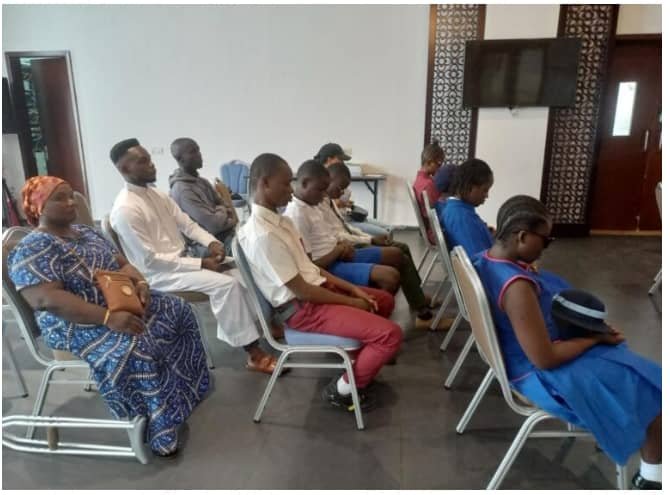
Dr. Alves D’almada Jorge Fernando, Senior Program Officer for Social Affairs at ECOWAS, highlighted that approximately 15% of children aged 0-17 in West Africa live with disabilities. He noted that the initiative seeks to reduce their vulnerability by equipping them with functional appliances, fostering their full participation in society.
Joseph Alieu Kamara, President of the Sierra Leone Union of Disabled Persons (SLUDI), reinforced the program’s significance, stressing the need for sustained technical support to ensure its success. “Disabled children have the right to quality education and opportunities for self-fulfillment, just like any other child,” he asserted.
Tiangay Gondoe, Country Manager for Sightsavers Sierra Leone, praised ECOWAS for its progressive approach to disability inclusion. “This initiative is a major step toward eliminating stigma and marginalization faced by children with disabilities,” she said.
With a budget of $300,000 for its second phase, the initiative aligns with UNICEF’s findings, which estimate that over 240 million children worldwide live with disabilities. By providing assistive devices, ECOWAS aims to improve their quality of life, facilitate education, and promote self-sufficiency.
The workshop also served as a platform for regional stakeholders to discuss policy improvements for disability inclusion. As the program expands, Sierra Leone’s dedication to social inclusion sets a precedent for other nations, demonstrating that through collaboration and sustained efforts, a more inclusive West Africa is within reach.
With Guinea-Bissau set to join soon, the impact of ECOWAS’s initiative is poised to extend far beyond Sierra Leone, transforming the lives of disabled children across the region


